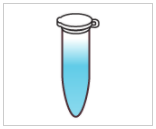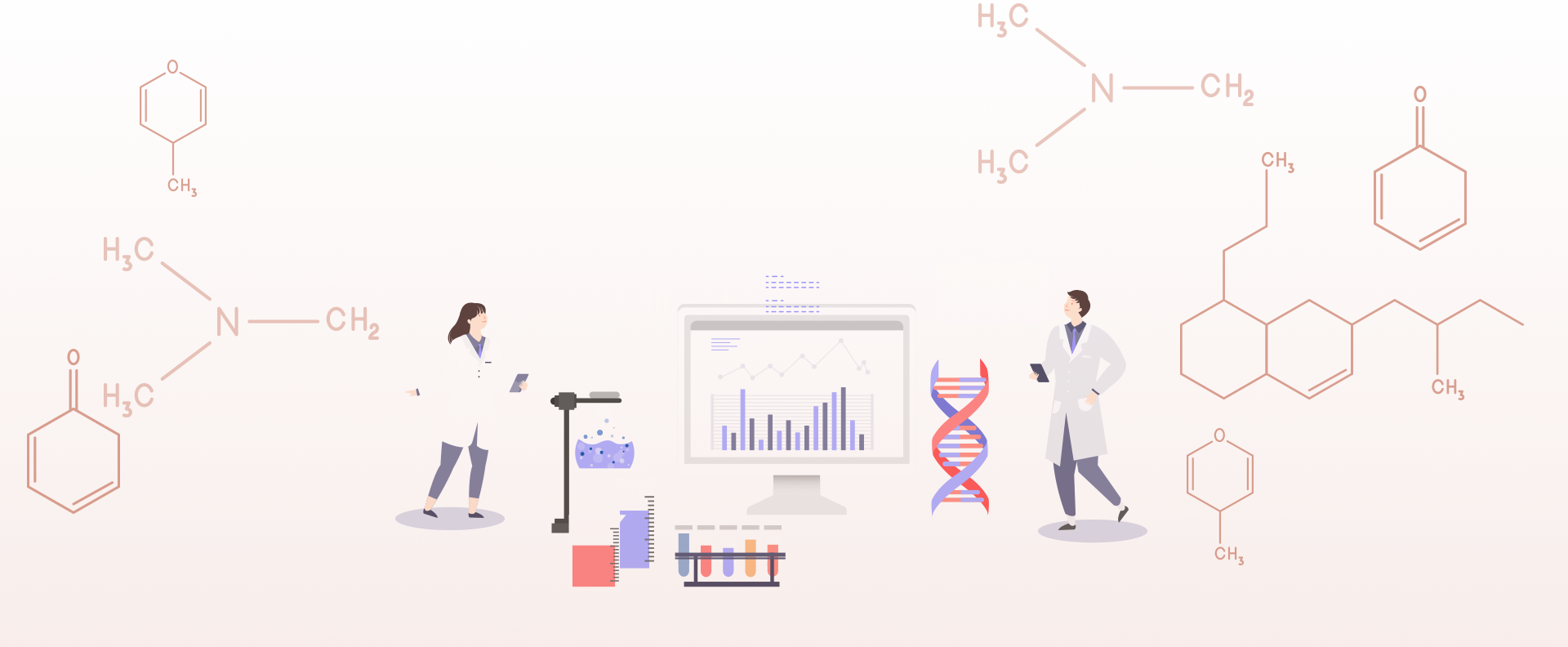
Mouse Monoclonal Antibody Production
Key requirements for successful monoclonal antibody generation include immunization strategies, antigen design, and screening technologies. abm‘s novel immunization procedures and careful mouse strain selection allows for production of monoclonal antibodies which are of the utmost affinity and specificity. This is because we take great care in designing the antigens for antibody production, especially with respect to synthesizing peptides, to generate a robust antibody that is able to recognize conformational changes of the native protein under the optimum number of conditions.
Mouse monoclonal antibody production is divided into different phases, with a non-refundable $1500.00 to cover the material cost to initiate the project. The balance will be due upon service completion. Our price includes antigen protein production. All you need to do is give us the gene accession number and we will take care of everything else. This unique service is only available from
“I am a fan of abm: great product quality, great price, great rewards and great experience.”
Dr. Vincent Emond, Centre de recherche du CHU de Québec CHUL
Additional Resources:
Service Details
Core Services
| SERVICE | DESCRIPTION | CAT. NO. | UNIT |
|---|---|---|---|
| Complete Package with peptide production |
|
C080 | 1 Service |
| Complete Package with protein production |
|
C487 | 1 Service |
| Standard Package without antigen production |
|
C087 | 1 Service |
Add-On Services
| SERVICE | DESCRIPTION | CAT. NO. | UNIT |
|---|---|---|---|
| Additional Clone(s) | Steps 4 and 5 | C081 | 1 Clone |
| Production from 1-25 Mice | C082 | 1 Mouse | |
| Production from 26-50 Mice | C083 | 1 Mouse | |
| Production from 51-100 Mice | C084 | 1 Mouse | |
| Ascites Production | Production from 101-150 Mice | C085 | 1 Mouse |
| Production from 151-200 Mice | C086 | 1 Mouse | |
| Production from 200+ Mice | Inquire | 1 Mouse |
Amount of antigen to submit for Standard Package Service:
For peptide antigens, please submit at least 2mg. For protein antigens, please submit at least 5mg with concentrations of 0.5-1.0mg/ml.
Additional Info
Note:
- Customers can provide a peptide antigen or a ready-to-inject antigen for monoclonal antibody production. When using a peptide antigen supplied by the customer, an additional charge of $200.00 is applied for KLH conjugation.
- Customers have the option to start or stop the project from any stages of the mouse monoclonal antibody generation service. Customers will be responsible for the material and labour cost incurred thus far should early termination be requested.
Documents
FAQs
What is the shortest length peptide that you can produce an antibody against?
To produce an antibody that has specificity and affinity at acceptable levels, we require a minimum of 20 amino acids.
Can you produce an antibody against a native protein?
What is the isotype of antibody your production produces?
Our process mainly results in IgG2a and IgG2b antibodies.
What concentration and amount of antigen is required for production if I am supplying the protein/peptide?
For peptide antigens we require at least 2mg, while if it is a protein 5mg with concentrations of 0.5-1.0mg/ml are acceptable.
Do you deliver the Hybridoma cells along with the custom antibody?
Please inquire with quotes@abmgood.com
What information do I need to provide to obtain a quote?
Please provide: 1) The peptide antigen design 2) Mouse monoclonal or Polyclonal Antibody Production? 3) Are you looking for the standard service or complete service? Please email this information to quotes@abmgood.com
Citations
| 01 | Ko, FC et al. “PKA-induced dimerization of the RhoGAP DLC1 promotes its inhibition of tumorigenesis and metastasis.” Nat Commun 4:1618 (2013). PubMed: 23511482 |



